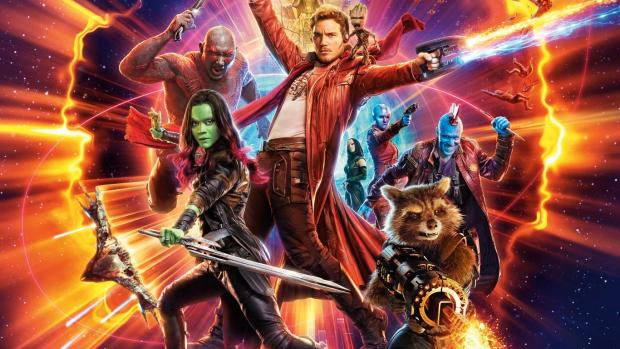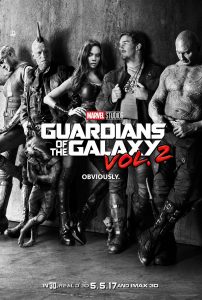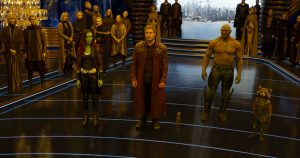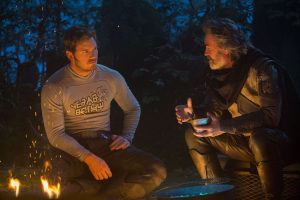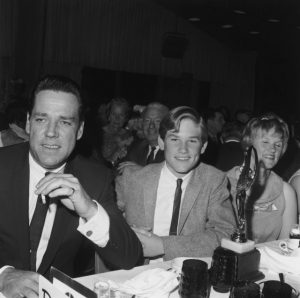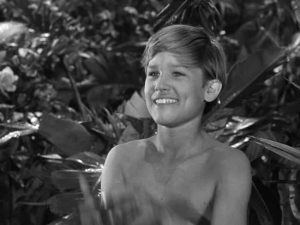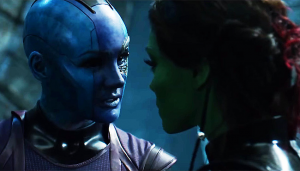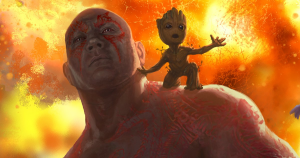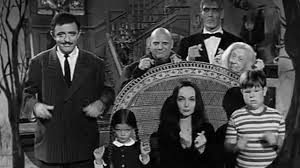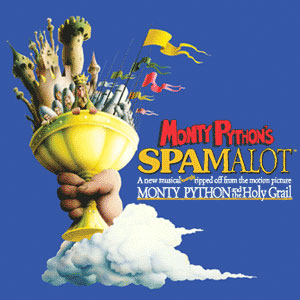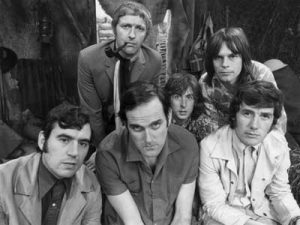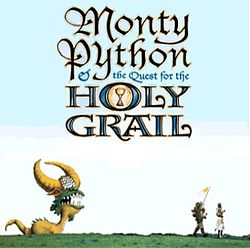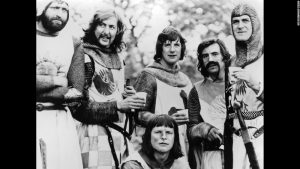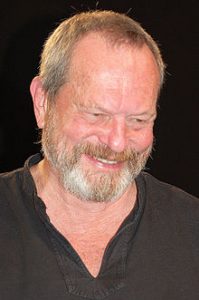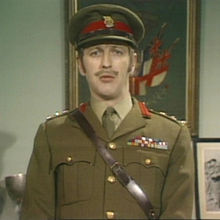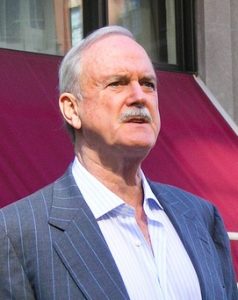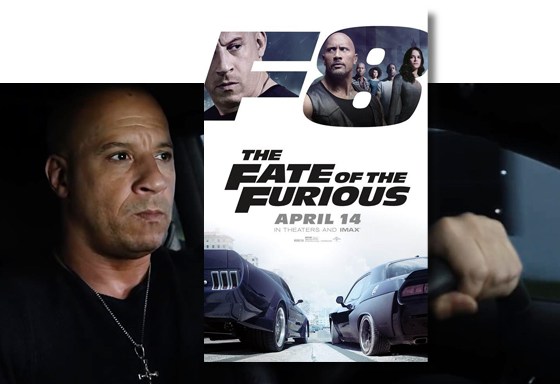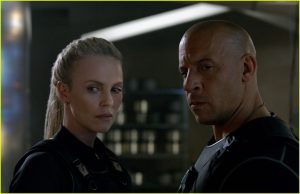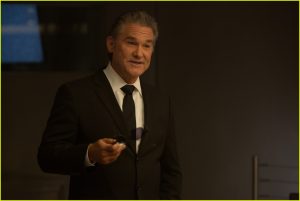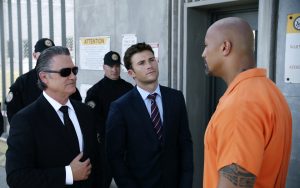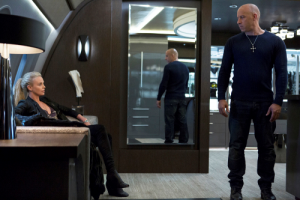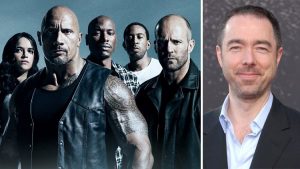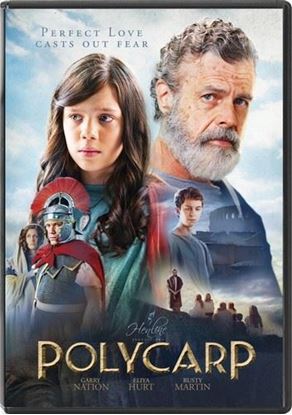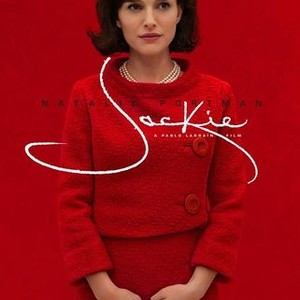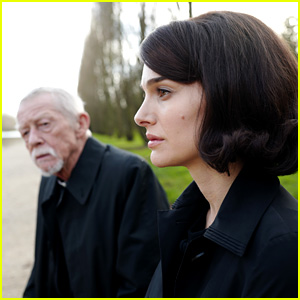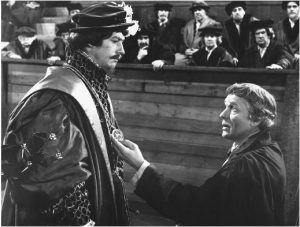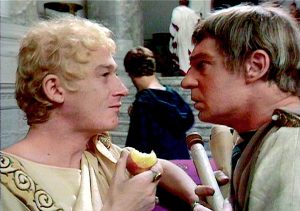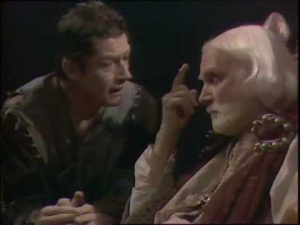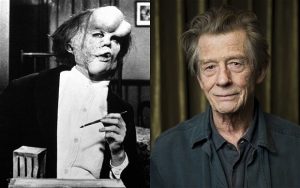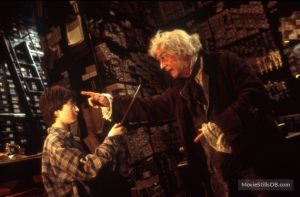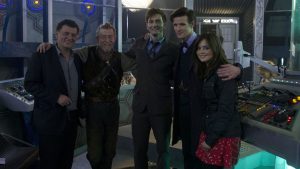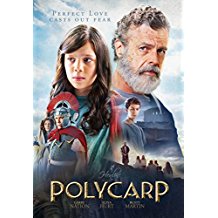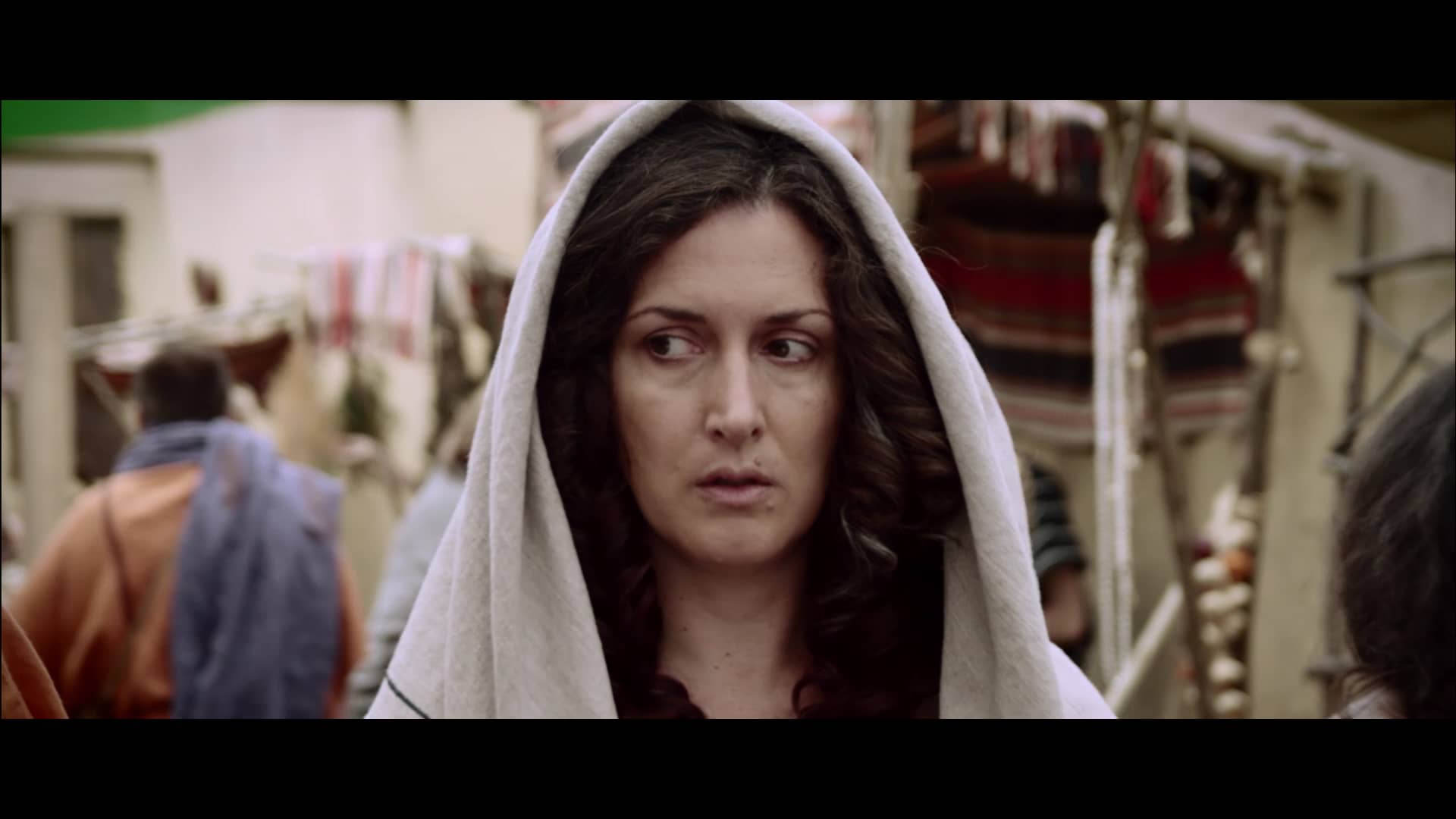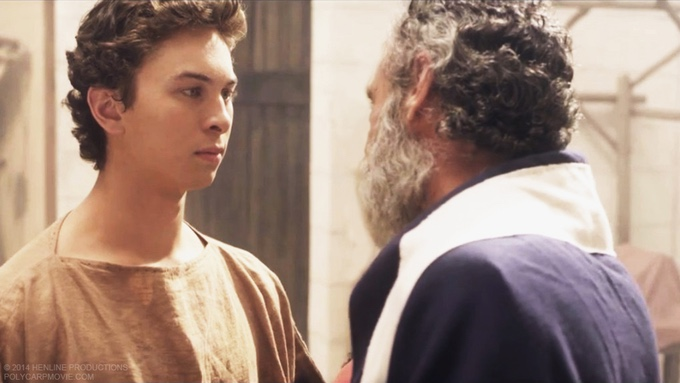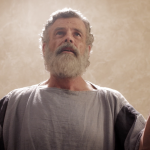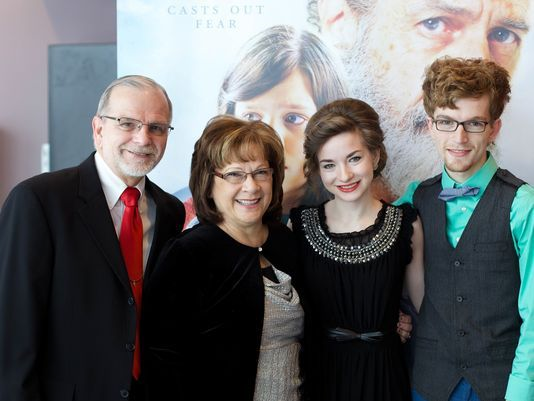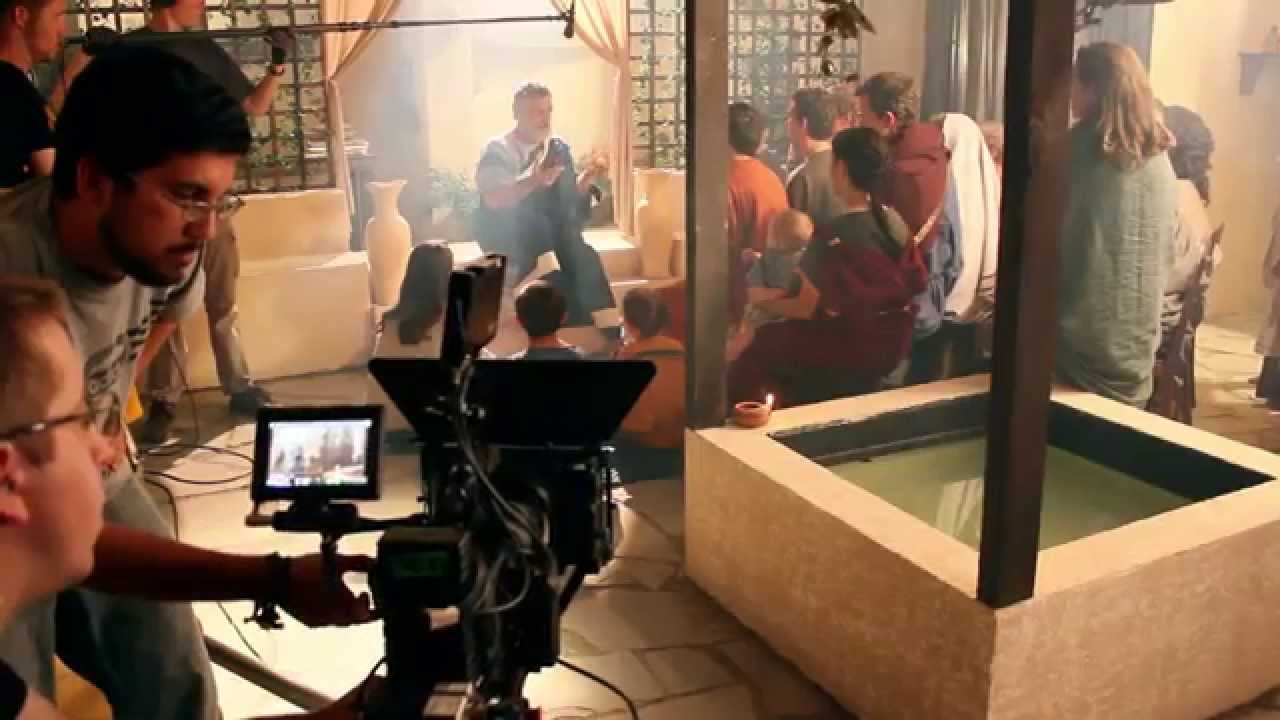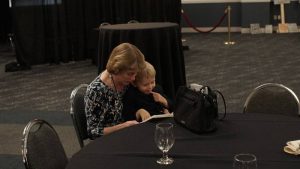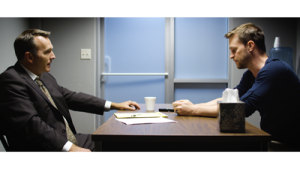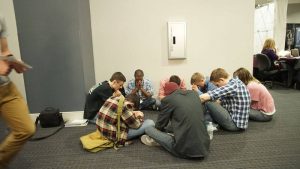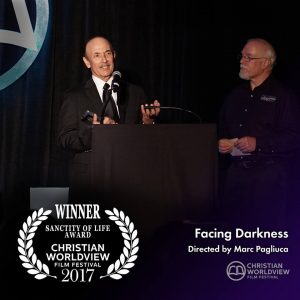I’ve just seen Aliens: Covenant and it occurred to me that hypersleep is nothing but a fancy way to be an anonymous red shirt. Aside from the bad idea of its intended use, which is to go to sleep in one solar system and wake up after everyone you know is dead and in another place so far away that help or supplies or assistance with unanticipated events is a minimum of a lifetime away, it is just simply … a death sentence. I mean, come on – these things even LOOK like coffins!!!
Dating all the way back to 1968’s 2001: A Space Odyssey, HAL, the evil computer murders all the crew still in hypersleep by the simple expediency of turning off their life support. They went to sleep and never woke up.
Then there’s 1968’s Planet of the Apes. Charlton Heston and company are put into hypersleep to travel faaaaaar out into the planets only to accidentally perform a hyperbolic maneuver which lands them right back on Earth hundreds of years into the future where apes have taken over the planet. All the men wake up upon crash landing, but the sole female’s pod malfunctioned and she died of old age in her sleep (or screaming futilely to be let out of the pod) then mummified. Heston doesn’t find out he’s been home all along until the end of the movie. MAYBE if someone had stayed AWAKE they would have been able to avoid these problems.
Even comedy has a jaundiced eye to hypersleep. In Woody Allen’s 1972 film Sleeper, Miles Monroe is put against his will into cryogenic sleep and wakes up in a dystopian future.
1979’s Alien featured the crew of the Nostromo who go into hypersleep and are woken up to respond to a distress call from an alien planet which houses the chest bursting critters. And so begins that franchise (the only good news is for the owners of the script property – not so much for any of the characters). Now while hypersleep wasn’t directly responsible, had they all been awake during the ride maybe someone would have had the sense to say – “Uh, no. This might be a trap”. Or take the time to properly translate it from the distress call they thought it was to the WARNING BEACON TO STAY AWAY that it really was.
And let’s not forget Star Wars: The Empire Strikes Back (1980) wherein Han Solo was placed into a carbonite block – big sister of the cryogenic sleep concept – to be a wall decoration for Jabba the Hutt.
Then there’s 1986’s Aliens – with an “s”, plural. As the lone human survivor of the attack, Ripley goes into hypersleep with Jonesy, the cat, and wakes up 54 years later! having accidentally passed “right through the core systems”. (Talk about delayed arrival.) Everything is changed, everyone she knew dead and even her daughter has grown up, grown old and died never knowing what happened to her. Had she been awake this would not have happened.
Ripley is sent – again – into hypersleep. This time with a bunch of soldiers to face the aliens and is, once again victorious. She then puts herself and her surviving companions: Bishop, Newt and Hicks into hypersleep……

 ….only to wake up in Aliens 3 (1992), on a prison planet – Newt dead, Hicks dead, Bishop irredeemably damaged and Ripley “impregnated” with an alien.
….only to wake up in Aliens 3 (1992), on a prison planet – Newt dead, Hicks dead, Bishop irredeemably damaged and Ripley “impregnated” with an alien.
Don’t think all the refund money in the world from this airline is going to make up for that one. But maybe – just MAYBE, if someone had been AWAKE, this might not have happened.
1988’s Star Trek: The Next Generation – “Neutral Zone” – examined the moral implications of reviving three terminally ill people, put into cryogenic sleep (just a chillier version of hypersleep), at the point of death shot into space and….lost. They are picked up by the Enterprise 400 years later, and easily cured by the intrepid Dr Crusher, just as Picard and company are heading for the Romulan border, only to discover the first hint of Borg Invasion – not an auspicious point in time to wake up. Out of time and place by four centuries these three understandably have a lot of trouble coping and all of them consider they might have been better off staying home.
In Forever Young (1992), Mel Gibson’s character is a volunteer put in cryogenic sleep only to be —– forgotten!!! He then wakes up to find that his body, while initially young, rapidly catches up to his real age.
Then there’s Demolition Man (1993) – a Sylvester Stallone vehicle wherein he plays police office, John Spartan, unjustly condemned for the death of hostages and put into cyrogenic sleep (remember, chilly version of hypersleep) along with the criminal who held the hostages. The bad guy breaks out of the hypersleep – once again proving how unreliable it is – and Stallone is awoken to catch him since he is deemed best suited to capturing his old nemesis. Havoc ensues.
2002 saw Tom Cruise’s character, John Anderton, in Minority Report also put in a hypersleep prison for a crime he didn’t commit, conveniently buried alive by the corporation which wants to hide their failures.
Pandorum (2009) is a treat for hypersleepers. Hypersleep pods allow a group of colonists to: stay marooned underwater for 800 years, develop psychotic deleriums, be woken one at a time by a maniac to be tortured to insanity, and become a tribe of mutant cannibals …shall I continue? If ever there was an argument against hypersleep pods, Pandorum is it.
Let’s not leave out Interstellar (2014). Their hypersleep pods makes it possible to: miss years of your child’s life and for an abandoned crew member (Matt Damon) of a doomed mission to go quietly insane waiting for a rescue he never expected so that, when finally found, he attempts to murder everyone else on the arriving ship Endurance.
Passengers (2016) put thousands of people into hypersleep for a ride of over a century. No possibility of help and, sure enough, something goes wrong. The ship rides through a meteor storm, one of the hypersleep pods prematurely opens and Chris Pratt’s character, Jim Preston, is left alone on a remote controlled ship to spend the rest of his life in solitary confinement with an android bartender in a necropolis of the living. That may sound like an oxymoron, but for all intents and purposes, though alive, the people in hypersleep are dead to him and he to them. In addition, when he tries to re-enter the hypersleep pods, it not only fails to put him back to sleep it but also locks and doesn’t “want” to let him out. Nice – won’t put him to sleep but doesn’t want to let him go either. Fortunately he did manage to muscle his way clear but no one had thought to put in an emergency release!!?? I mean military pilots have ejection seats, airplanes have emergency doors, elevators have holes in the ceiling but hypersleep pods are like time locked safety deposit box safes?! So Jim is safely left to slowly…..
But Pratt’s character was lucky. Another hypersleep pod malfunctions, wakes Lawrence Fishburne’s character to a day’s worth of mortally painful system failures and then death. Not to be outdone by just stranding this crew member decades ahead of time, the hypersleep pod had to be sure all his organs necrotized and shut down. As though, not content with tormenting Preston it wants to proactively KILL one of its charges.
Now in 2017 comes Alien: Covenant. During the course of this movie a bunch of the hypersleep pods fail due to a simple electrical surge. The Captain is burned alive in his pod, 47 colonists die in ways so horrible they apparently don’t want to explain how even in an Alien movie and, consistent with Passengers, there is no emergency escape release. At the end of the movie, Danny is one of the last two human survivors. Danny emerges victorious from multiple horrific encounters with aliens and betrayal by David, an evil android who looks like Walter, their good android. Danny is locked into a hypersleep pod by ….David, the wrong android. But she doesn’t figure out the deception until it is too late. Again – no emergency release, so she is just SOL – simply out of luck, and forced to drift to sleep knowing she and all the colonists will be used as alien hosts by David.
SO! —– to sum up: Once you are in a hypersleep pod, you are at the mercy of: an incompetent or homicidal computer, a psycho android, space “storms” poorly prepared for, or just plain old bad luck. Just wanted to be sure I had that right.
OK I now think that perhaps the use of hypersleep isn’t just a death sentence, the victims are the result of some kind of malevolence. I do believe that hypersleep pods are downright evil. So the next time I have to travel light years away, rather than lock myself into one of those claustrophobic, fire trap nightmare, unreliable prisons with no emergency release and a bad sense of timing …. I think I’ll take the stairs.

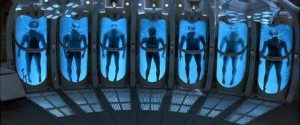
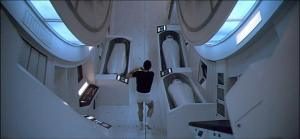
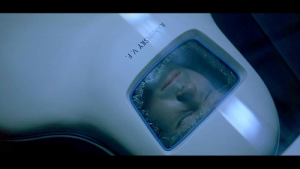
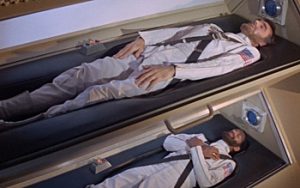

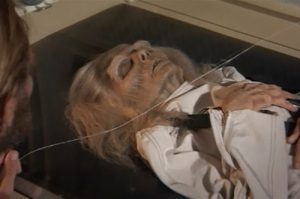
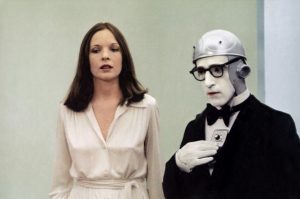
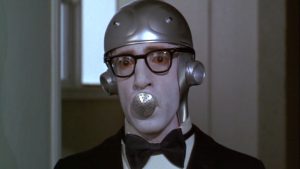




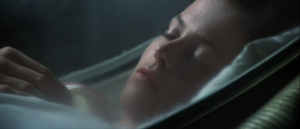
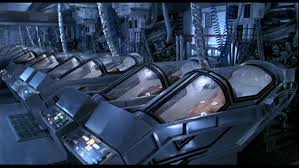

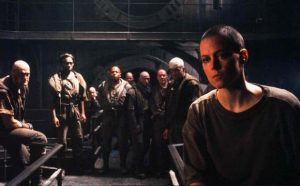


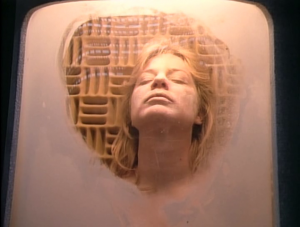
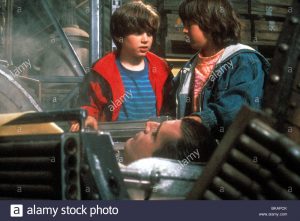
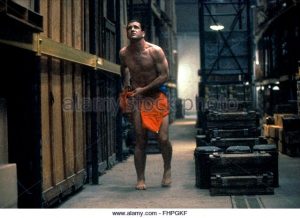
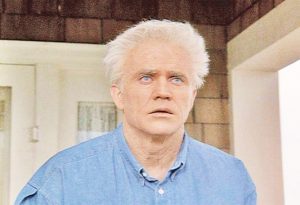


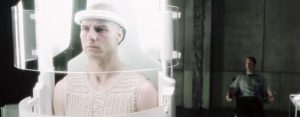
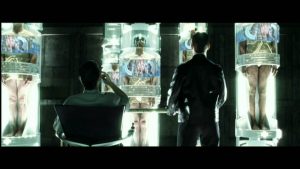
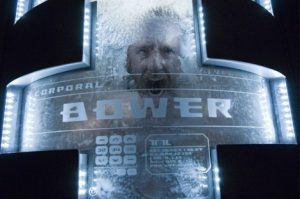





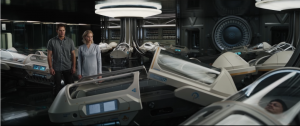
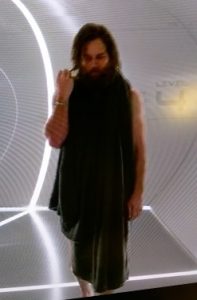


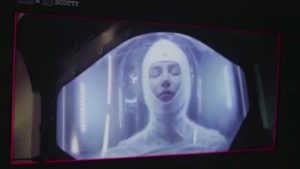



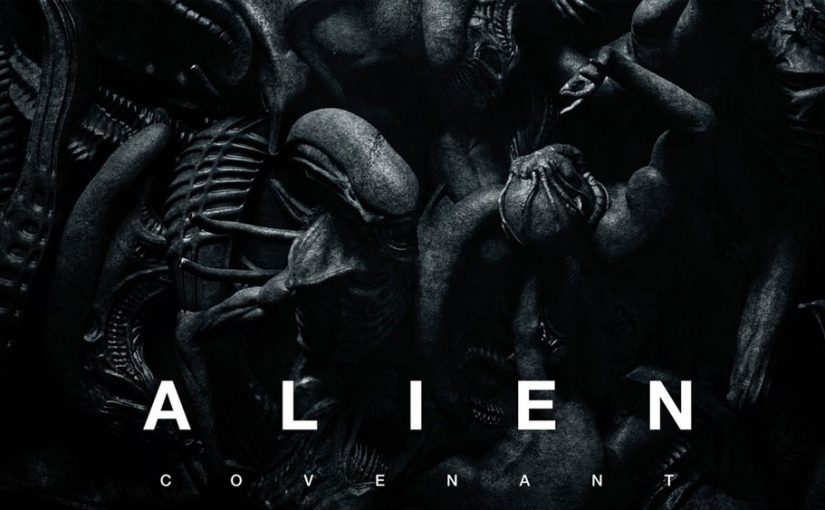

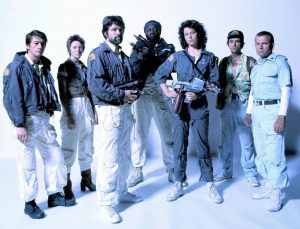
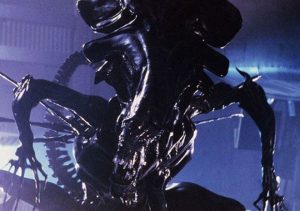
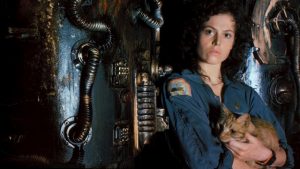
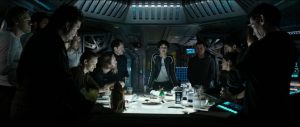
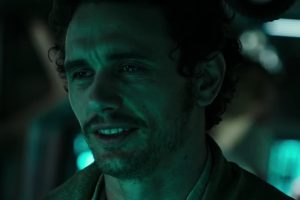







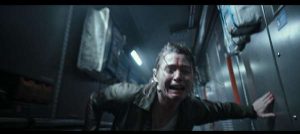


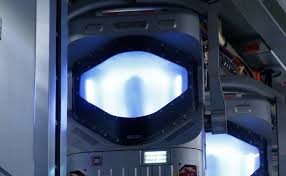

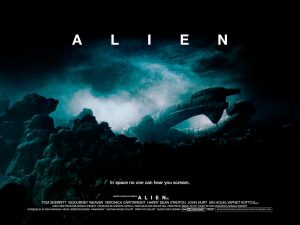


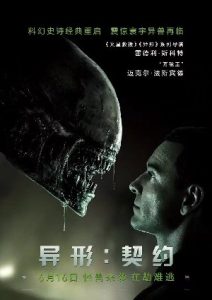
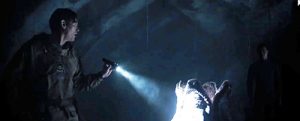
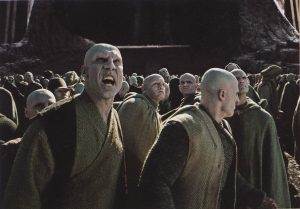

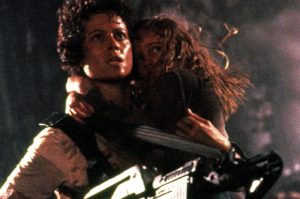 <—-FROM ALIENS, A FAR FAR BETTER MOVIE
<—-FROM ALIENS, A FAR FAR BETTER MOVIE
